Ahimsa lights the way
Be Vegan

Vegan sources for food, clothing, and more
Becoming vegan is a simultaneous three-part process in embracing this lifestyle. One part is learning about the gastronomical pleasures available in the plant kingdom, so they can be integrated into daily meals, and finding new sources of clothing, toiletries, and household items. The second part is discontinuing use of all animal products. The third part is utilizing ahimsa, not just
In this article, we focus on finding vegan sources. For the complete explanation of why to not use animal products and how to utilize ahimsa please read the book Powerful Vegan Messages from which this was adapted.
Food
First, it should be emphasized that everybody—even people who are not vegan—should be eating lots of plants in their meals. This idea is supported by the government-advocated MyPlate with fruits, grains, protein, and vegetables making up the quadrants of the plate, with a side of dairy in a glass. Vegans prefer the Physician’s Committee for Responsible Medicine’s Power Plate with fruits, grains, legumes, and vegetables without dairy. Vegans eat a large variety of wonderful vegetables, legumes, whole grains, fruits, nuts, and seeds. Vegans don’t use meat, fish, birds, dairy, eggs, gelatin, lard, honey, foods made with any of these, or any other animal products.
Dairy
Yogurt comes in soy, almond, and coconut nondairy options. Most supermarkets now carry at least one brand of nondairy ice cream from soy, coconut, or rice. Many now have so many varieties that you can pick a new flavor each week for months.
Commercial cheese, though mainly a dairy product, is usually coagulated with rennet taken from a calf’s stomach at the time of slaughter; thus it cannot be considered a food suitable even for vegetarian use. Fortunately for cheese lovers, there are numerous ways to make vegan cheeses from soy or nuts. Many people like using hummus instead of cheese. The market is exploding with new ready-to-use cheeses. The Vegan Kitchen includes various tasty and nutritious recipes for making nonanimal cheeses at home, and there are entire cookbooks of vegan-cheese recipes. Try The Uncheese Cookbook by Jo Stepaniak, Artisan Vegan Cheese by Miyoko Schinner, or The Cheesy Vegan by John Schlimm.
Vegetable margarine is a more compassionate choice than butter and can be healthier so long as they are made without hydrogenated oils and trans fats. However demand for palm oil is impacting rainforest animals too, so you may opt for other oil or nut products. Margarine and oils should be used sparingly anyway, and many people avoid them for health reasons
Eggs
Replace eggs with a variety of plant foods depending on what you are looking for the egg to do. Protein in an egg can be substituted by legumes; fat can be from nut
Because eggs are a traditional ingredient in mayonnaise, there are now many vegan varieties available, or you can make your own. There are also numerous ways to enjoy foods substituted for eggs eaten as the main part of a dish, such as making a tofu scramble. With the right amount of turmeric to make the tofu yellow, it even looks similar to eggs.
Meat
Beans and nuts are the most typical vegan proteins. Beans take time to cook, and many people choose canned beans for an easier option. Nuts provide good protein and also come in a variety of nut
Mushrooms are sometimes used to provide a meaty flavor and texture for people who want a simple, healthful substitute for meat. Portabella mushrooms—readily available at most supermarkets—can be seasoned, cooked, and served as burgers.
Meat analogs have been available in Asian markets of United States cities for decades. Numerous meat analogs are now available at most conventional supermarkets. When one goes to a health-inclined supermarket, the options are impressive for plant-based versions of burgers, hot dogs, sausage, chicken, and many other traditional animal products. Almost any meat can be imitated with plant ingredients nowadays.
In today’s society, analogs provide a valuable link to make it easy to be vegan by providing a direct product substitution. Many vegans don’t use any analogs; they don’t want to be reminded of animal suffering on their plate with an imitation of it. Veggie burgers exist in two basic categories, meat imitators and vegetable-grain patties. Companies also make numerous additional plant-based meat substitutes that attract people looking for alternatives for their main entrée; some are even featured at the holidays and offered at our local supermarket as a free option instead of turkey for redeeming loyalty bonus points.
With any product, it is good to check the ingredients carefully because some companies produce both vegan and nonvegan items while others are committed to vegan. Companies may change formulas anytime. It’s exciting that there are so many vegan products that we can’t list them all. If the desired vegan product is not at your local supermarket, ask them to carry it, and contact the company to let them know there is interest in your area.
Additional Food Items
Gelatin is easily replaced by agar-agar, a vegetable jelling agent made from seaweed, or kudzu, or tapioca made from cassava root. Various starches from corn, potato, or arrowroot also provide thickening options. Honey is easily replaced in the human diet with cane sugar, molasses, dates, raisins, agave syrup, or maple syrup.
There are plenty of treats for vegans. Packaged cookies, cake mixes, and various other desserts seem to appear as new options each time we go to the store. Completely vegan bakeries are sprouting up throughout the country, and many deliver or ship their products. With the increase in dairy allergies, conventional bakeries are often willing to make a new vegan product to meet demand, if asked. Entire vegan cookbooks are dedicated to desserts while most vegan cookbooks provide some ideas. Anne Dinshah teaches how to woo anyone with simply the best cookies or
Other Food Issues
Some people mistake gluten for being a vegan issue. Gluten is a protein found in wheat, barley, rye, and sometimes in oats, all of which are plants. It’s okay to eat gluten as a vegan. However, some people are sensitive to gluten, and often where people are making gluten-free options one will also find animal-free foods. Always check the list of ingredients because gluten-free may include animal products.
Other terms that may arise as one learns more about food choices include organic, non-GMO, local, fair trade, and sustainable. Organic food is produced without the use of synthetic toxic pesticides and fertilizers that would ultimately become part of the food, our bodies, and the environment. Organic also doesn’t use genetically modified organisms (GMO) from genetic engineering which often involves manipulating plants with animal genes and animal testing. Locally grown food is good because it supports one’s community, is generally fresher and has
The foundation for veganism is the inner alteration from selfishness to altruism, from “What’s in it for me?” to “What can I do for you?” With this change of thinking, what we eat or wear is not burdensome but integral to a compassionate lifestyle. Remember this altruistic concept is the true jewel of veganism.
Clothing
Vegans do not wear or use fur, wool, silk, leather, feathers, down, bones, or any other animal-based attire but instead use either natural or synthetic nonanimal materials. Vegans use popular plant-based fabrics including cotton, rayon, hemp, linen, and bamboo. Vegans also use mineral-sourced synthetics such as nylon, polyester, and spandex that are readily available.
There is an abundance of nonanimal shoe materials both natural and
Toiletries
Many soaps, cosmetics, shampoos, and other toiletries on the market do not contain animal substances and are not tested on animals. One can check the label for a vegan symbol or for words such as “no animal ingredients” and “not tested on animals.” Consider stocking up while on a trip if there is not a location selling vegan toiletries near you or look online for your specific item and order directly. Be sure products are
Jewelry
There is no need to wear pearls, shells, teeth, tusks, horns, bones, feet, feathers, and the like. Many ways exist to adorn oneself without hurting animals.
Household Goods
Objectionable items here include animal-hair and wool rugs and carpets, down or feather pillows, feather dusters, woolen blankets, and animal-hair brushes and brooms. Animal-free substitutes for all these are in widespread use. Look for nylon carpets, foam-rubber or kapok pillows, cotton or synthetic-fiber quilts, blankets, and comforters, plastic or fiber brushes, and straw brooms. Hemp and bamboo are becoming popular in household goods. Beware of oils, greases, and polishes that include animal fats in the ingredients.
Sports
Hunting, animal fighting, animal racing, and fishing are cruel practices. One should not require a substitute for the devil or a substitute for a blood sport that brings out the worst in humans. Sports of many varieties can be played without any unwilling participation of the animal kingdom.
Amusement
Vegans are opposed to animal circuses and to performing land animals, sea animals, or birds. We are aware of the years of cruel prodding and punishing that lie behind a performance act using animals kidnapped from their natural habitat. Zoos are usually little more than prisons for once free land or sea creatures far from their natural habitat. National parks, animal sanctuaries, and true wildlife preserves—not
Research and Medicines
Drugs, vaccines, serums, and hormones are often made from animal matter and usually involve testing on animals. An ethical dilemma may be encountered when considering the use of an animal product in this category following advice from a health professional. Strive to live healthfully to avoid needing medicines.
E-NEWSLETTER
Become a Member
Join Us
ANIMALS
Be Vegan for the animals
ENVIRoNMENT
Be Vegan for the environment
HEALTH
Be Vegan for your health
AHIMSA
Be Vegan for compassion
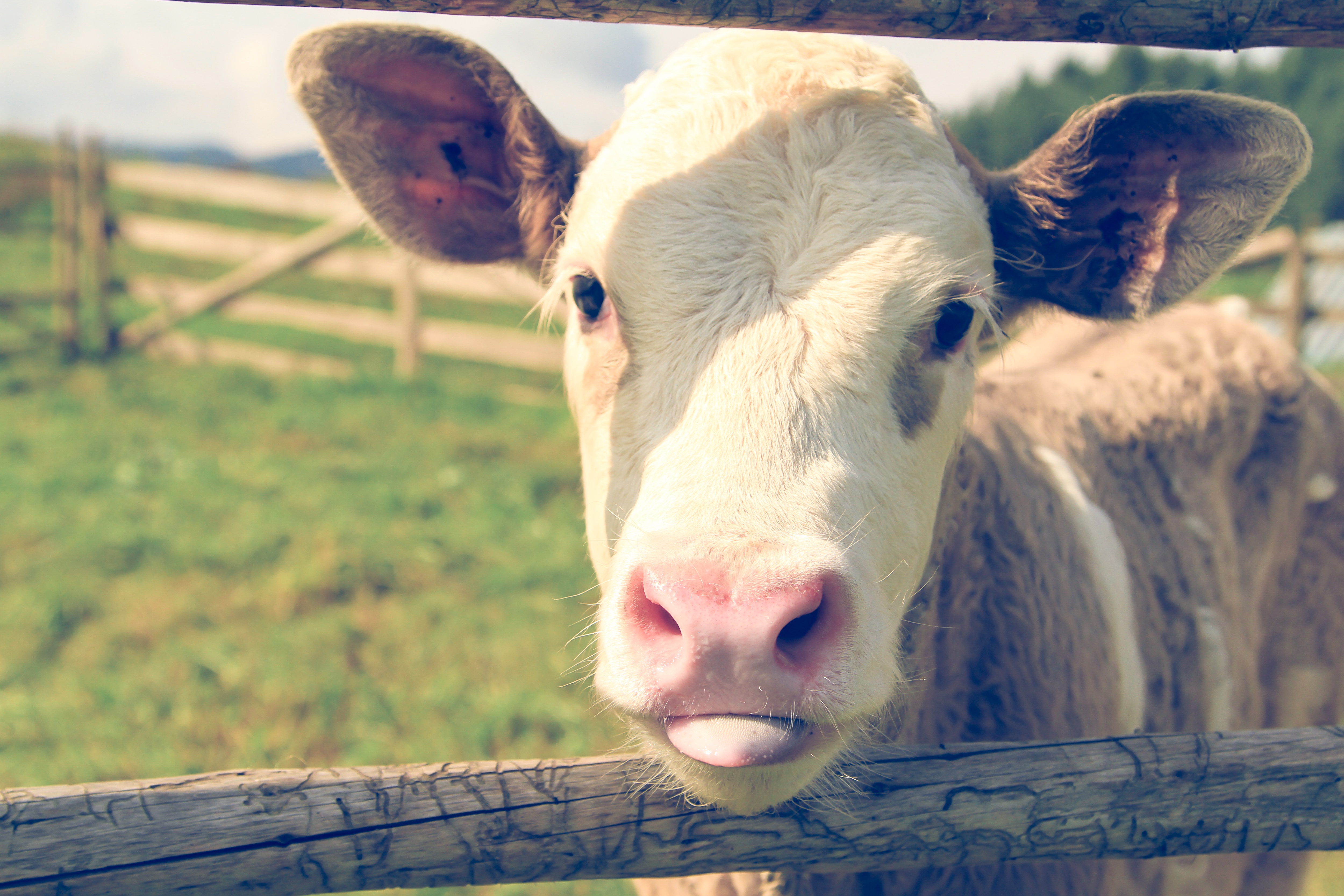
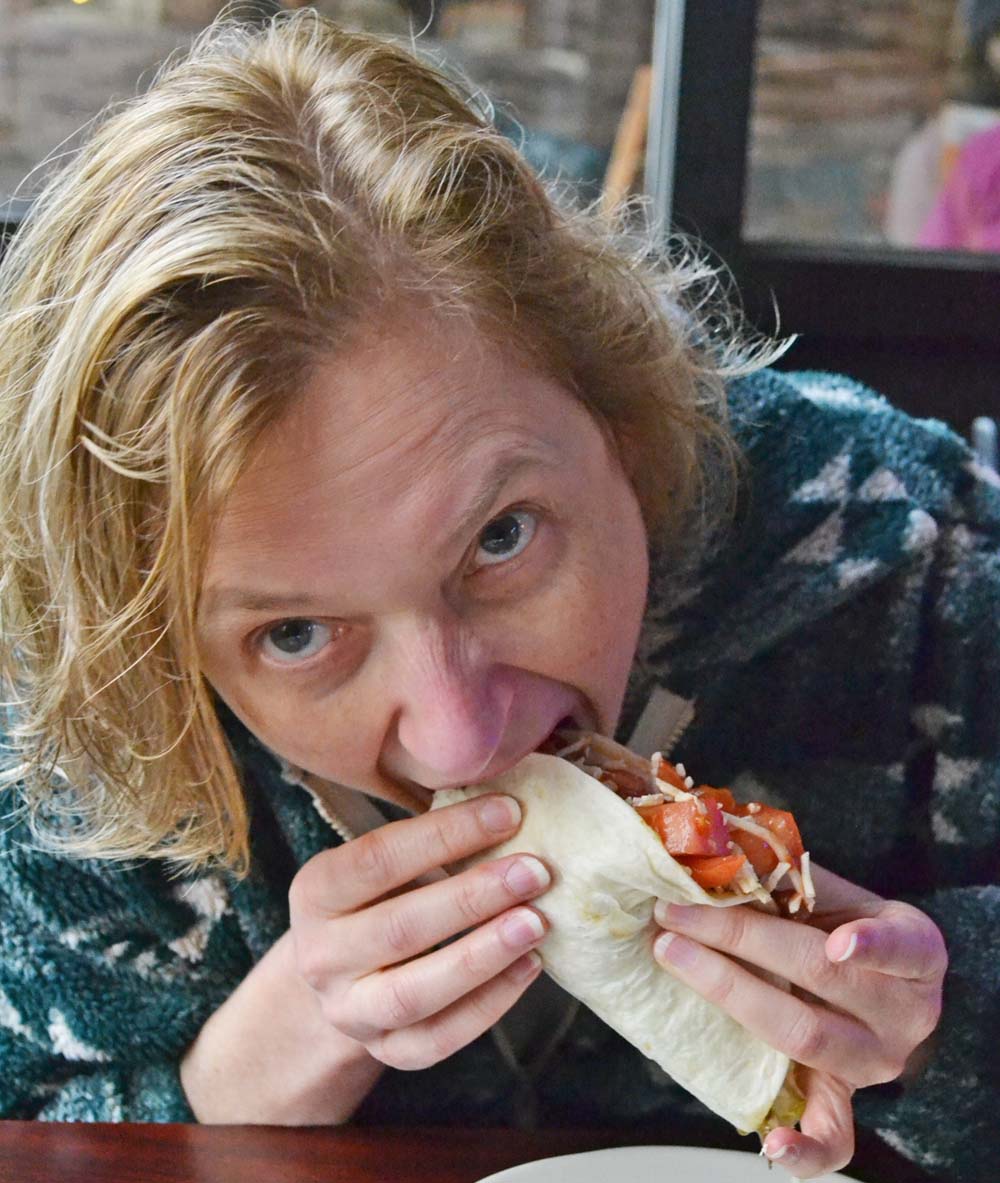
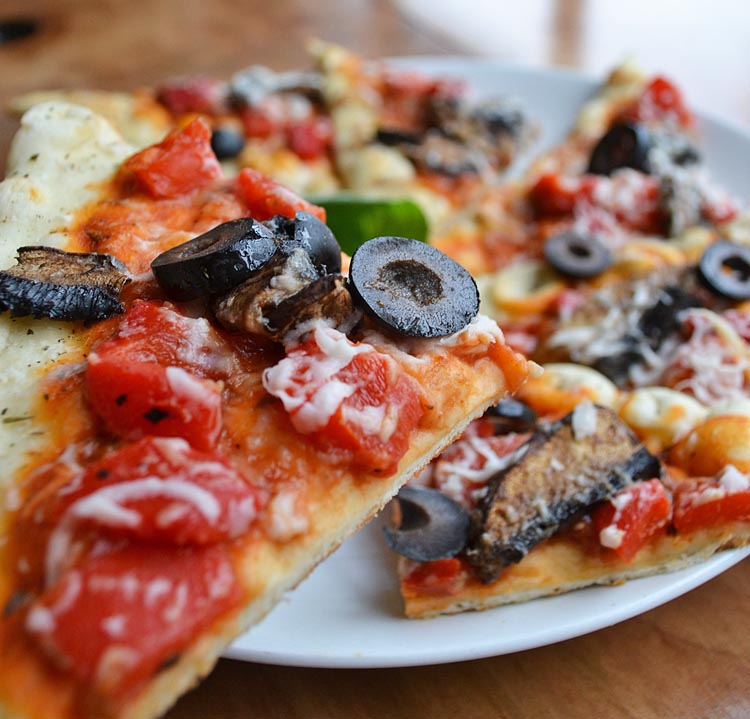

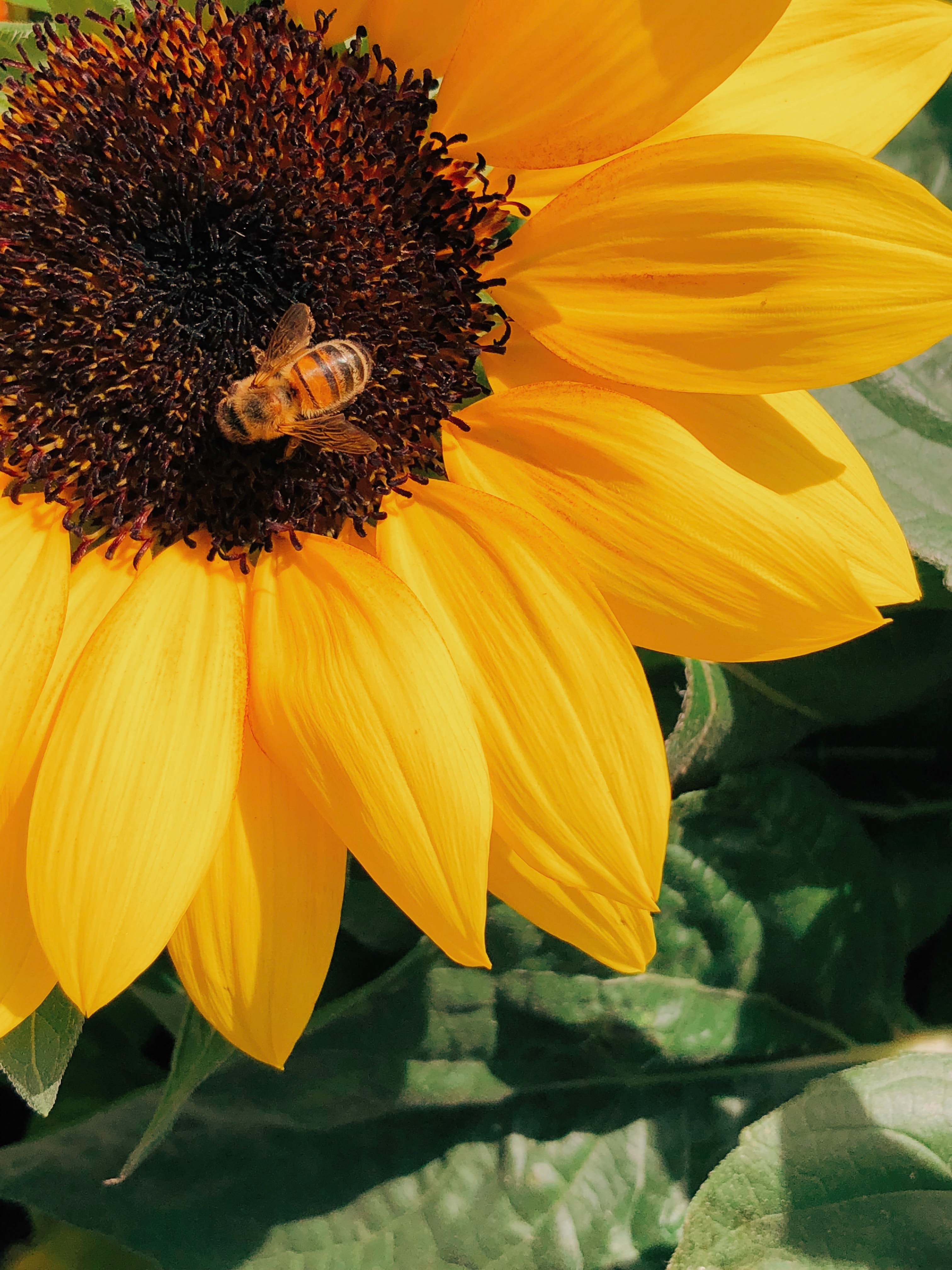
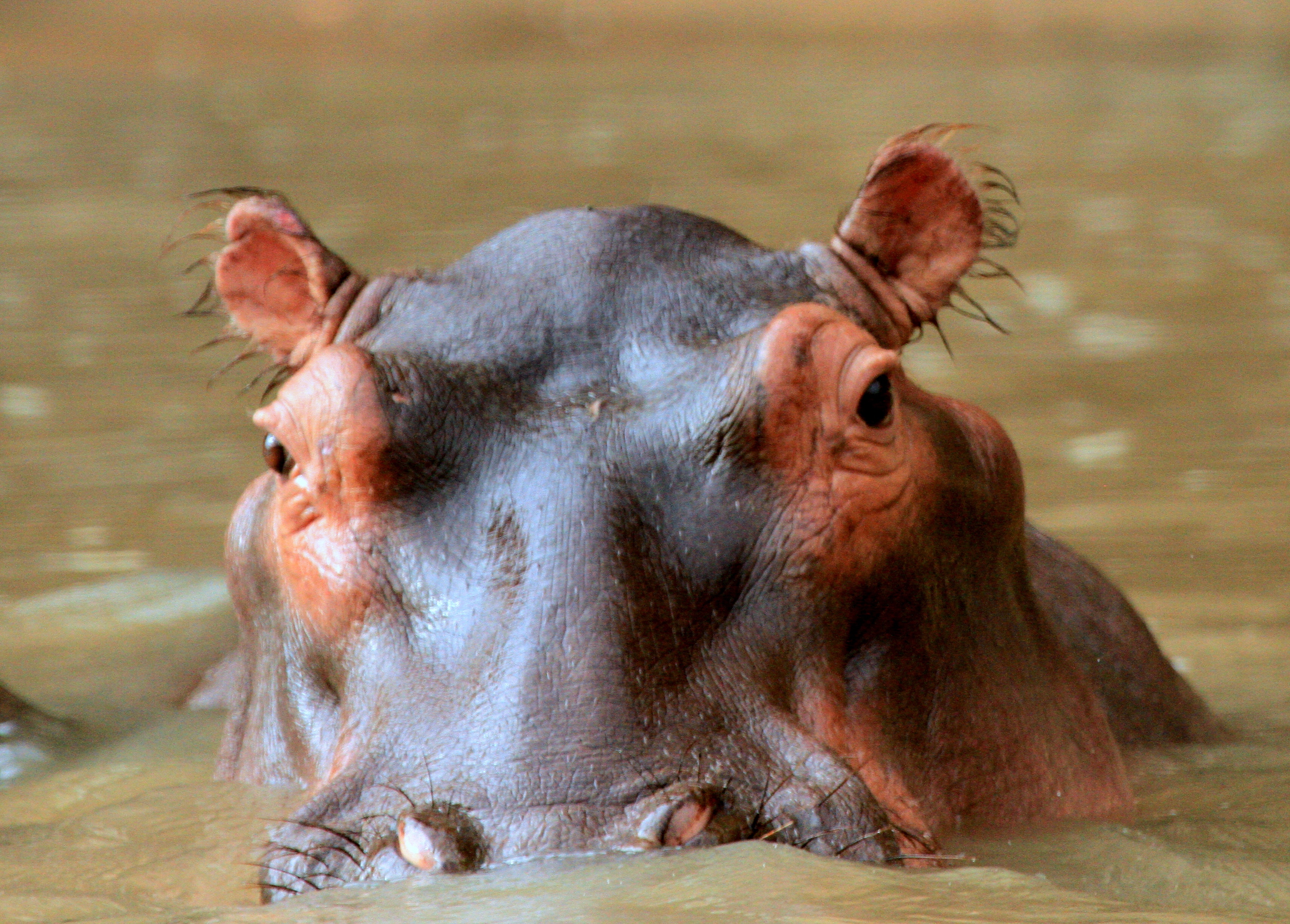

American Vegan Society
56 Dinshah Drive, Malaga NJ 08328 856.694.2887
Copyright © 1960-2024
AVS is a registered 501(c)(3) organization, EIN 226058533. All donations made to the American Vegan Society are tax deductible in accordance with applicable law..
